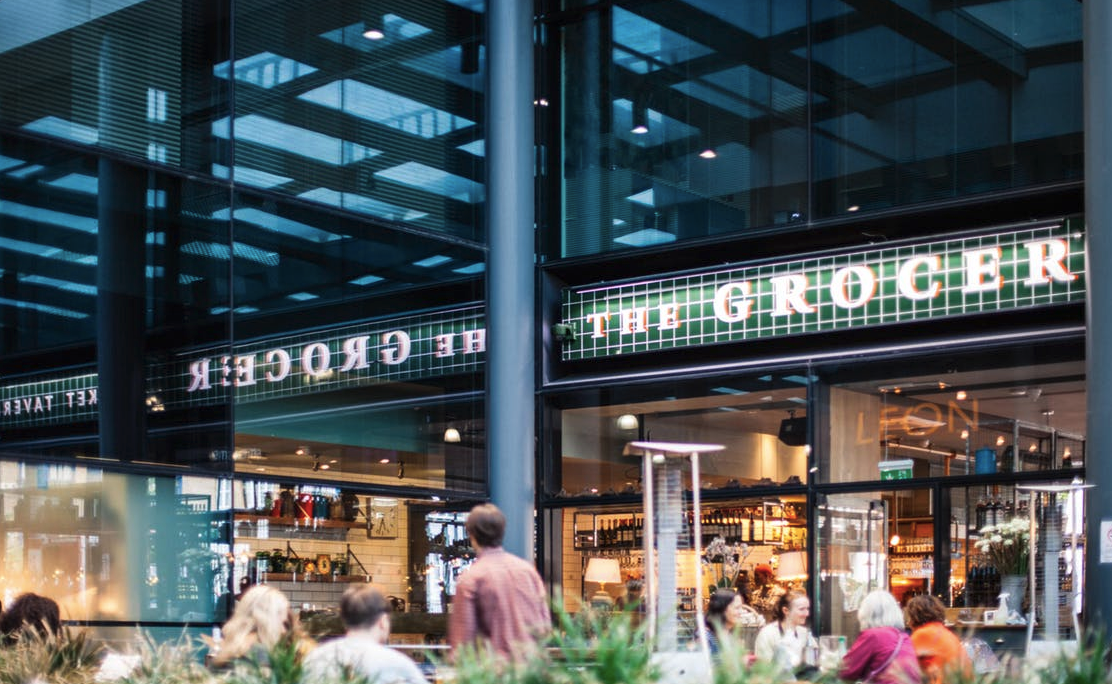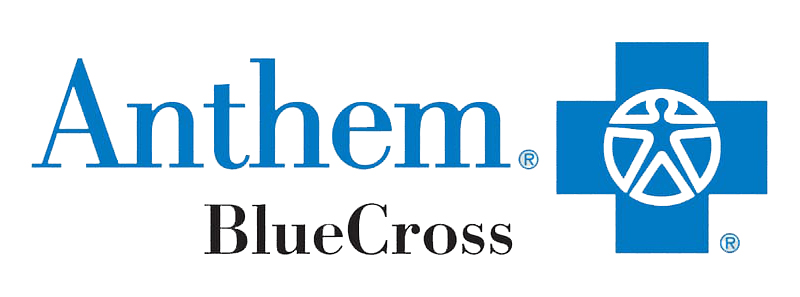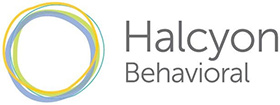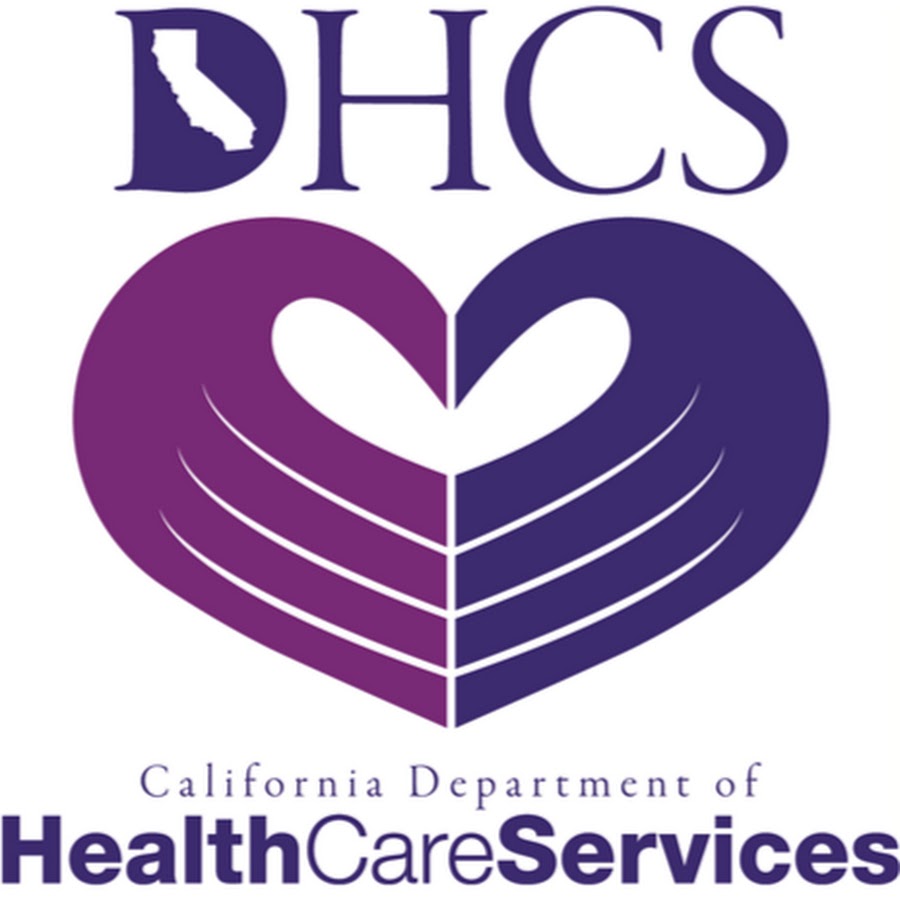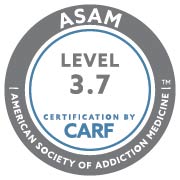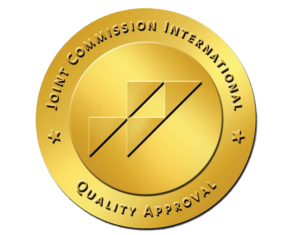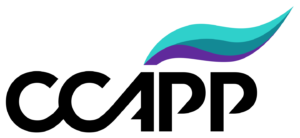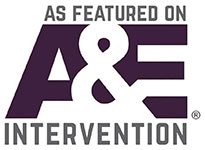By Olivia Pennelle
My journey toward health and wellness in recovery has not been easy, and I certainly didn’t begin walking that path with a spring in my step. It has been my experience that food addiction is a subject we often do not want to look at. We also don’t want to look at the ingredient lists of the food we are putting into our bodies. Using food, as an addictive substance, was my first addiction. It formed an unhealthy ‘coping’ strategy of mine. Sadly, when I faced up to reality, I was left with 150 pounds of excess weight. In this series, I am going to share my tips of how I lost 50 pounds and found wellness and vitality in recovery in a way that is achievable for anyone, of any income or size. I am passionate about health and wellness fitting into your life in a way that benefits you.
My history is that I was knowledgeable about food in the sense of how to prepare it and what flavors work together. I even knew what foods were considered to be healthy. I simply did not know how to eat in a healthy way, with the correct proportions for my goals. Eating mindfully was foreign to me. This is why I launched my website, Liv’s Recovery Kitchen, which is about my journey of tackling my unhealthy and addictive relationship with food. I talk about physical recovery; an aspect we don’t talk about often enough.
Research shows that those with an addictive brain have a predisposition to seek out reward chemicals such as dopamine and the calming hormone, serotonin. Particularly in early recovery, when we feel terrible, physically, we end up seeking out foods that will make us feel better albeit temporarily. This is perhaps why we are so resistant to changing the one thing that ‘we think’ makes us feel better.
The process of my physical recovery required looking at my whole-self. The first step on this journey was asking for help, in the same way, that I had with my addiction.
I had tried weight loss clubs and fad diets, but they were too radical and didn’t fit into my life. While I learned what foods had a low point or syn value, I didn’t learn about mindful eating, or which foods contained good fats, or fiber. Most importantly, these diets did not tackle the root cause of my unhealthy relationship with food: which was the seeking to escape myself, my feelings and my body. In my experience, diets don’t work, but a healthy approach to food does.
So, when I came across an advert for health coaching, it peeked my interest. I liked the idea of working with someone on a one-on-one basis who could help me. In the same way as drug and alcohol recovery, the power of two people working together is far greater than tackling a beast alone. The benefits of this relationship were immense:
– I learned about good nutrition and how to eat properly
– I became mindful of my behavior in relation to food, and my body
– I discovered a love of exercise
– I learned how to nourish myself without food
– I was shown how to put my self-care needs first.
I know that coaching isn’t available for everyone, and we all have varying needs. I was not in a financial position for coaching. I explained this to my coach, and we worked out an affordable payment plan over the course of a year. This not only helped me financially but made me commit to that process. With those needs in mind and varying budgets, these are my top tips as to where to find that help:
1. Ask your doctor or healthcare provider to refer you to a nutritionist/dietician
2. Work with a professional in the field of eating disorders in recovery
3. If you cannot afford direct contact, try an online program such as Sweet Enough
If these suggestions are not an option for you, begin with a mindfulness practice and start to connect with what your body is asking you for: are you hungry, or are you seeking to nourish a non-hunger need? Start tuning into what you need and how you can fulfill it without food.
It is important that whoever you work with, that you ensure that they meet your individual needs
Over the coming weeks, I will share my experience of each of these steps in more detail. Next up, I’m going to be discussing what good nutrition looks like.
__________
If you or a loved one are struggling with an addiction and are seeking treatment, we would love to talk with you and see how we can help you. PLEASE CALL 844.252.4114. Our counselors are available to guide you through the process.
__________
Writer, blogger, nutrition and recovery advocate, Olivia Pennelle (Liv), is in long-term recovery. Liv passionately believes in a fluid and holistic approach to recovery. Her popular site Liv‘s Recovery Kitchen is a resource for the journey toward health and wellness in recovery. For Liv, the kitchen represents the heart of the home: to eat, share, and love. You will find Liv featured amongst top recovery bloggers and published on websites such as The Fix, Sanford House, Windward Way & Casa Capri, Intervene, Workit Sapling, Addiction Unscripted, and Transformation is Real.

